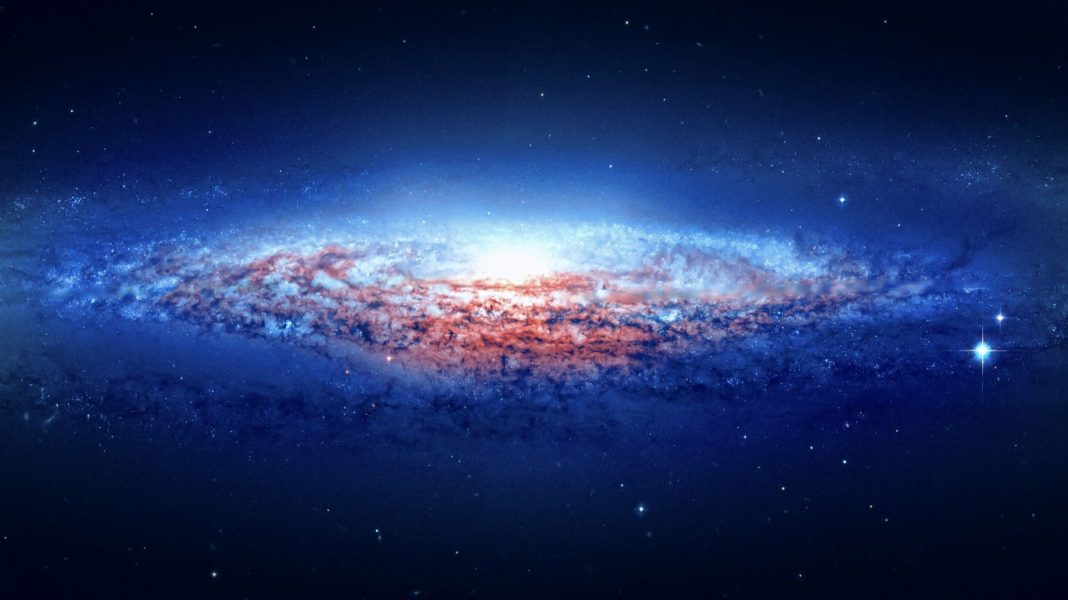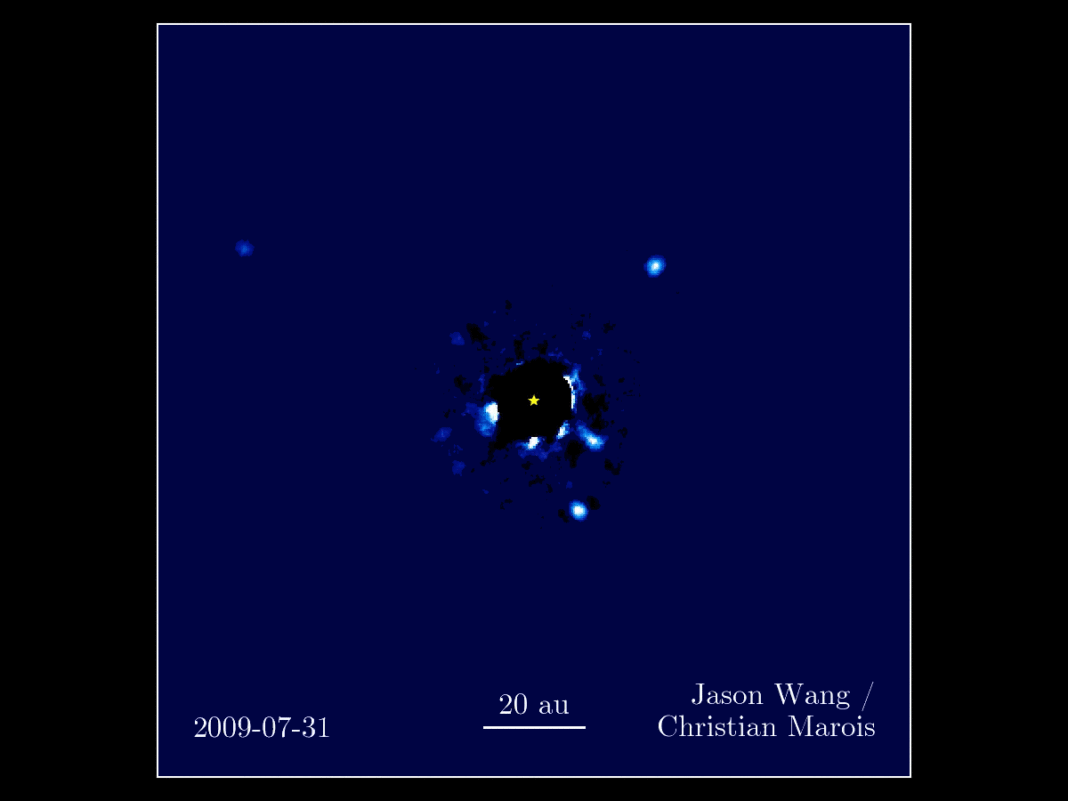We’ve known for a while now that the Universe is expanding, but what we didn’t know (until recently) is that it’s expanding at a rate faster than we ever imagined. Astronomers discovered this after comparing new calculations with previous observations only to find that they don’t match at all. This means that either something’s wrong with the new measurements or this is the effects of new physics taking place.
Suggestions made by Nobel Laureate Brian Schmidt and Nicholas Suntzeff in the 1990’s were that the Universe was, in fact, accelerating rather than slowing down. Now what we need to figure out is exactly how fast the Universe is expanding by. The Hubble constant is the calculation in which this rate of expansion is measured by and lead researcher Sherry Suyu from the Max Planck Institute for Astrophysics, comments, “The Hubble constant is crucial for modern astronomy as it can help to confirm or refute whether our picture of the Universe – composed of dark energy, dark matter, and normal matter – is actually correct, or if we are missing something fundamental.”
The problem with the Hubble constant is that physicists can’t agree on a number. Last year the Hubble Space Telescope gave one of the most accurate Hubble constant estimates we’ve ever had. However, it completely disagrees with the Planck telescope observations which measure the radiation levels of the Universe’s cosmic background. So which is it? Even Riess doesn’t have an answer for this. He says, “You start at two ends, and you expect to meet in the middle if all of your drawings are right and your measurements are right. But now the ends are not quite meeting in the middle and w want to know why.”
To try and get to the bottom of this conundrum for once and for all, Suyu and colleagues decided to use a different technique altogether that involved using the way light bends around gravity to measure how fast these galaxies are expanding away from us. One of the team, Frederic Courbin from Ecole Polytechnique Federale de Lausanne in Switzerland, states, “Our method is the most simple and direct way to measure the Hubble constant as it only uses Geometry and General Relativity, no other assumptions.” The Hubble constant has now been updated to a new figure with thanks to the team.
But, even the new, more accurate calculations don’t match with the Planck telescope estimates. So, what does that mean? It could mean several things. One is that assumptions made during the Planck Hubble constant’s calculation were wrong. Another reason for the difference could be because of a statistical fluctuation, or even a brand new physics unfolding right before our very eyes. “The expansion rate of the Universe is now starting to be measured in different ways with such high precision that actual discrepancies may point towards new physics beyond our current knowledge of the Universe,” said Suyu. Next, the team is planning to decrease the margin for error by doing the same measurements again on as many as 100 quasars to see if their Hubble constant remains consistent.
More News To Read
- Autism Patients Could Soon Be Prescribed Cancer Drugs for Treatment
- Precision Medicines on the Rise and Give Hope to Kids with Brain Cancer
- Will We Really Be Living on the Moon Within the Next Decade?
- Viruses’ Fight One Another in their Own Biological WarFare
- If We Can’t See Black Holes, How Do We Know They Really Exist?











